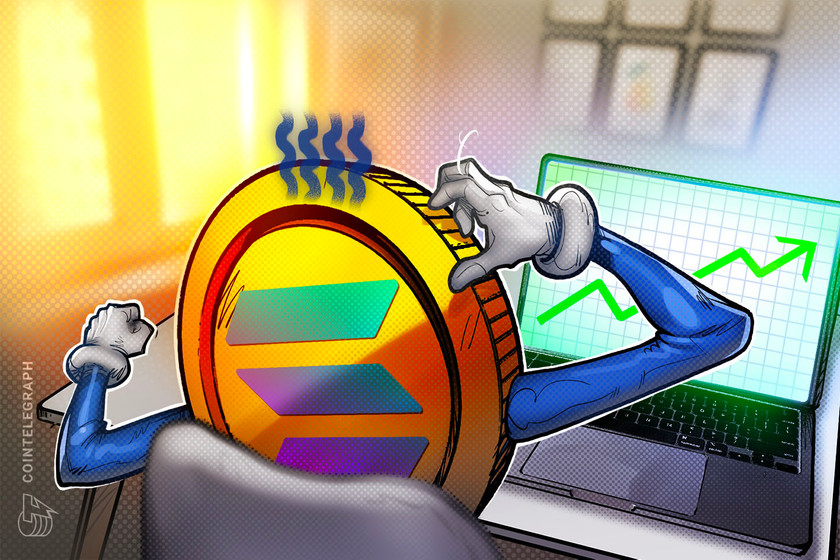FTX.US job posting reveals blockchain gaming unit in the works
The FTX gaming unit is a part of company’s $100 million commitment towards building the blockchain gaming industry.
262 Total views
3 Total shares

FTX.US, the American arm of the global crypto derivative and spot exchange FTX, seems to be launching a new blockchain gaming unit.
As per a job posting by the crypto exchange, the firm is looking for software developers for its upcoming blockchain and gaming unit. The new gaming unit will be focused on bringing more gaming developers to the blockchain-based gaming ecosystem that incentivizes players via crypto tokens and nonfungible tokens.
The job posting revealed that the exchange is looking for software engineers with robust knowledge of the C# programming language and the Unity gaming engine. FTX didn’t respond to Cointelegraph’s requests for comments at publishing time.
The new platform would be reportedly catered as “crypto-as-a-service” that would allow game developers to integrate NFT and crypto token support.
As reported by Cointelegraph in November 2021, FTX announced a $100 million GameFi ecosystem fund in partnership with Solana Ventures and Lightspeed Venture Partners. The GameFi ecosystem has become one of the key breakout use cases from the crypto industry in 2021 with major tech giants investing heavily ins the evolving play-to-earn (P2E) gaming ecosystem.
Related: Altcoin Roundup: 3 P2E games that don’t need Ethereum to make waves
Blockchain gaming and the concept of P2E have generated quite a contrasting opinion in the gaming industry. On one hand, the traditional gaming ventures love to hate the emerging GameFi industry, calling it a “house of cards” and “scam,” while Web3 advocates see it as the future of gaming. Reddit co-founder Alexis Ohanian recently claimed that P2E will rule the gaming industry with a share of over 90% in the near future.
According to gaming statistics company Newzoo, the worldwide gaming sector generates well over $100 billion in annual revenue, and the amount is anticipated to surpass $200 billion in the next two years.









